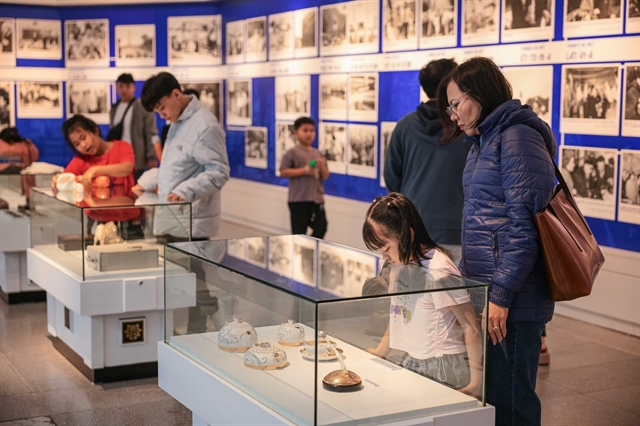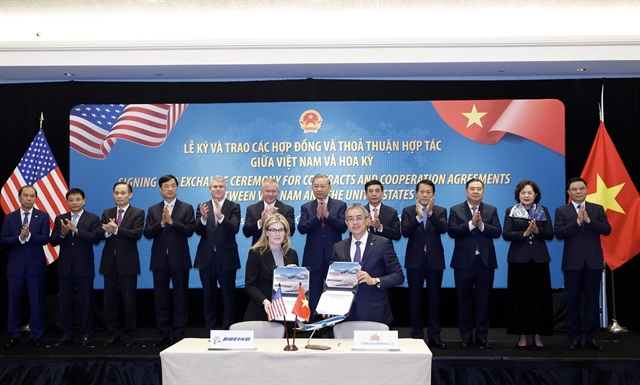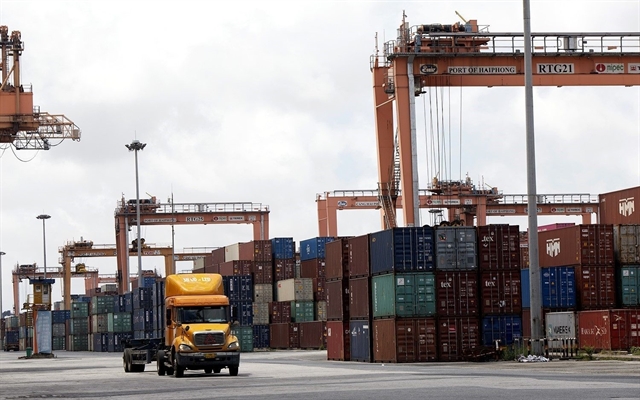 Economy
Economy

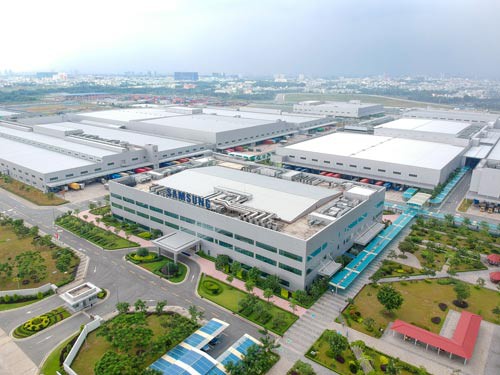 |
| A corner of Saigon Hi-Tech Park in HCM City’s Thủ Đức City. The park has attracted many high-tech giants from the US, South Korea, Japan and other countries. — VNA/VNS Photo Phương Vy |
In its strategy for attracting foreign direct investment until 2030, HCM City will prioritise high-quality non-labour-intensive projects that use advanced, new or clean technologies, have high value-added products and help boost the competitiveness of domestic firms and enhance their access to global supply chain.
As the country’s economic locomotive, the city has always drawn the interest of foreign investors around the world.
According to its Department of Planning and Investment, the city was a bright spot in attracting FDI last year with a total of US$4.43 billion.
In the first quarter of this year it attracted $500 million, the fourth highest of any province or city in the country.
As of last year it had nearly $80 billion worth of foreign registered investment in 11,220 projects, the latter being the highest in the country.
FDI has been the main growth driver of its foreign trade and greatly contributed to its socio-economic development.
It said 2023 would be a pivotal year in the implementation of the city's five-year plan for 2021-2025.
The city wants to become a smart city and a modern services and industrial hub, retain its role as the growth engine of the country, especially the Southern Key Economic Zone, lead in innovation, and provide its residents with a good quality of life by 2025.
So it would focus on attracting FDI in areas in which it has the potential and strengths to create a breakthrough in economic restructure and raise its competitiveness, the department said.
Mai Phong Lan, a representative of the department, said: “Since it has little land left, the city will not seek to attract investment at any cost but will focus on attracting projects with net-zero emissions, contributing to green and sustainable development and combating climate change.
"The city will also focus on attracting investment in key industries and high-value manufacturing. The city wants to build new industrial and high-tech parks, a concentrated industrial zone and a pharmaceutical industrial zone."
It realised that to be able to attract more FDI and foster connectivity between foreign and domestic businesses amid the current economic integration and volatile global trade and investment situation, it would need deeper reforms and more practical actions to resolve the problems faced by foreign investors, Lan said.
"So the city has created the Department and District Competitiveness Index for which businesses assess the competitiveness of various government departments, agencies and district people's committees fairly and transparently to help them recognise their strengths and limitations," she said.
“Besides, the city is promoting construction of housing for workers and co-ordinating with universities to improve the skills of workers to ensure foreign investors can find the workers they need.
“The city regularly holds dialogues with foreign investors to know their difficulties and resolve them in a timely manner.”
The department is compiling a handbook to provide investors with necessary information on local investment procedures, she revealed.
Challenges and recommendations
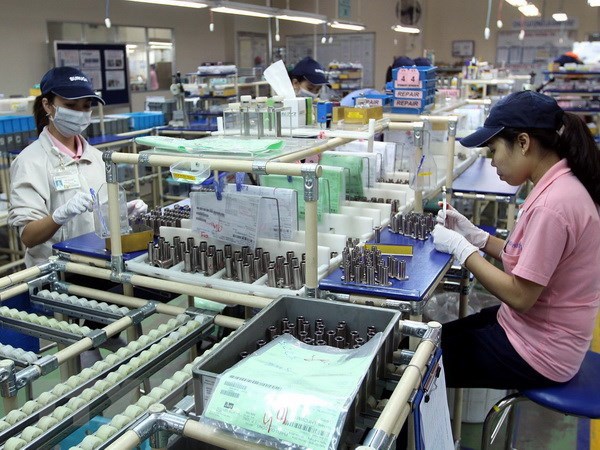 |
| Misumi Việt Nam, a Japanese company that makes components for factory automation, press die, and plastic mold at Linh Trung Export Processing Zone in HCM City. — VNA/VNS Photo Thanh Vũ |
Many foreign businesses describe HCM City as dynamic and an interesting destination for foreign investors, but they also say that, to attract foreign capital for rapid and sustainable development, the city has to address problems related to policies, infrastructure and human resources among others.
At a recent roundtable meeting between the HCM City leadership and foreign business associations, James Ollen, executive director of the American Chamber of Commerce in HCM City, emphasised that the city’s infrastructure hindered its production and tourism activities.
He called on the city to continue its efforts to improve infrastructure and reform its investment environment to attract new investors and maintain and develop existing ones, pointing out that the ideal environment is fair, transparent and predictable.
Alain Cany, chairman of the European Chamber of Commerce in Việt Nam, said there were many complaints by visitors about their experience at Tân Sơn Nhất International Airport, and they needed addressing.
“To preserve Việt Nam's popularity as a tourist destination, the HCM City People's Committee and its Department of Tourism should speed up airport processes such as by restoring the fast-track lane and setting up a special lane for Vietnamese passport holders," Cany said.
“Foreign experts often have difficulty obtaining work permits due to the lengthy application processes and complicated documentation procedures. Work permits for experts, in particular international school teachers, are essential for attracting foreign investment.
“We strongly recommend that the leaders of HCM City should continue to make the process more efficient and predictable."
He added: "The city also needs to apply digital transformation to public management to create a fair and transparent legal environment and reliable and consistent approval process."
Đỗ Thiên Anh Tuấn, a lecturer at the Fulbright School of Public Policy and Management, said: "With the global minimum corporate tax rate of 15 per cent set to be applied next year in Việt Nam on multinational corporations with revenues of at least 750 million euros ($870 million), Việt Nam, especially HCM City, should focus on improving the quality of labour to draw foreign investors, instead of relying on tax incentives.
"It should focus on creating a level playing field, investing in human capital, promoting R&D, upgrading infrastructure, improving the business environment, speeding up administrative reform, implementing green growth, and making itself a livable city," he added.
Chairman of the city People's Committee, Phan Văn Mãi, said the focus was on improving the investment environment and clarifying the administrative responsibilities of agencies and the duties of each government worker.
The city would speed up digital transformation to improve the investment environment and develop transport infrastructure, he said.
With its favourable strategic location, stable political environment, steady economic growth, a massive workforce, and improving business and investment climate, Việt Nam, especially HCM City, will continue to be a prominent destination for foreign investment. — VNS


